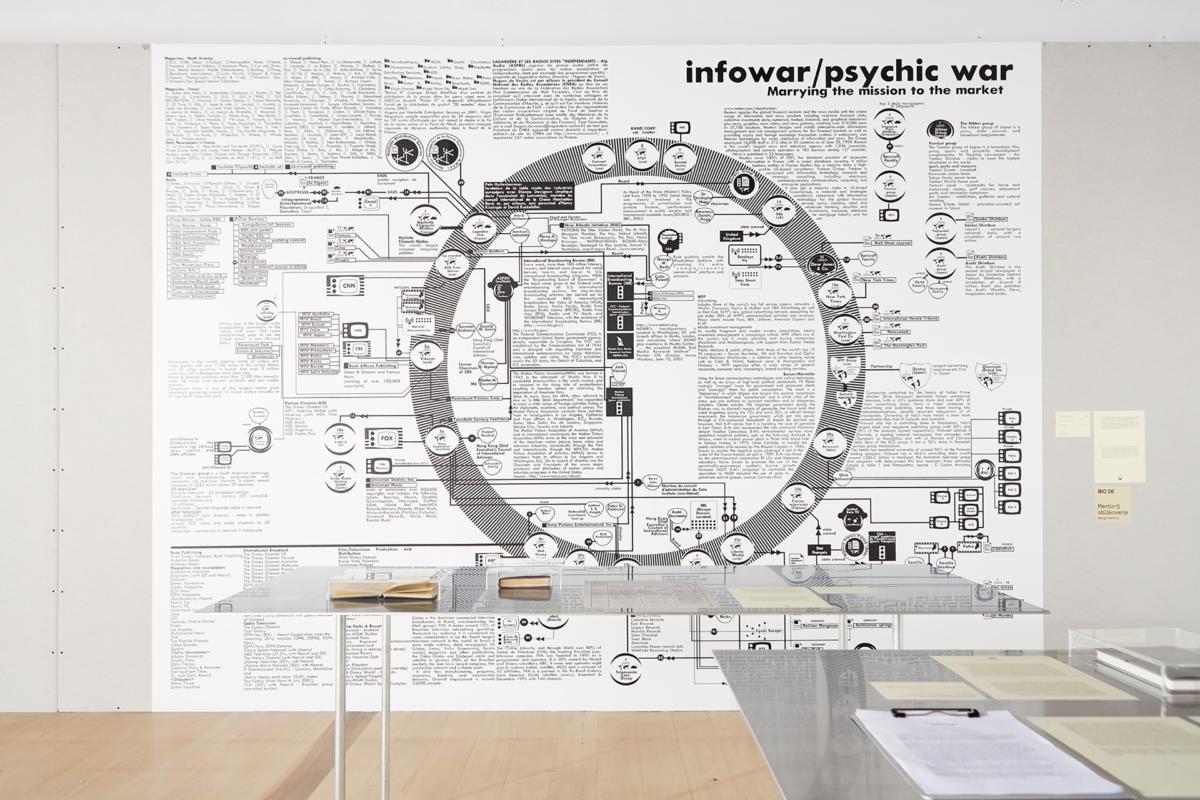
Today, it is often said, data is worth more than oil, so it comes as no surprise that data is also the subject of art and design thinking too.
When news broke that Cambridge Analytica had been aggregating vast amounts of data in order to manipulate our basic fears and emotions in order to engineer elections and public sentiment on crucial issues, after the initial wave of surprise and media unrest, the public soon let out a collective shrug, seemingly unconcerned that the information we provide to social media giants could be used so insidiously. Well, a lot has changed since 2017, and today we arguably live in a post-Cambridge Analytica era, where privacy is subject incursions from numerous state and non-state actors, magnified by social networks where shadow forces work to undermine democratic institutions and public policy. To think otherwise would be naive.
The 26th Biennial of Design in Ljubljana, known as BIO 26, opened in November 2019 against what curators define as an “information crisis.” As the veritable world in which conflict is no longer confined to hot war, but rather to an ongoing state of proxy and nonlinear war, post-truth and fake news are today uneasy bedfellows, blurring evermore the boundaries between corporate and political interests, nearly beyond recognition. Entitled Common Knowledge, BIO 26 examines precisely these and other urgent issues, curated by cultural producer Thomas Geisler together with Aline Lara Rezende, the ‘exhibition’ explores projects at the threshold of network architecture, digital infrastructure, art and design.
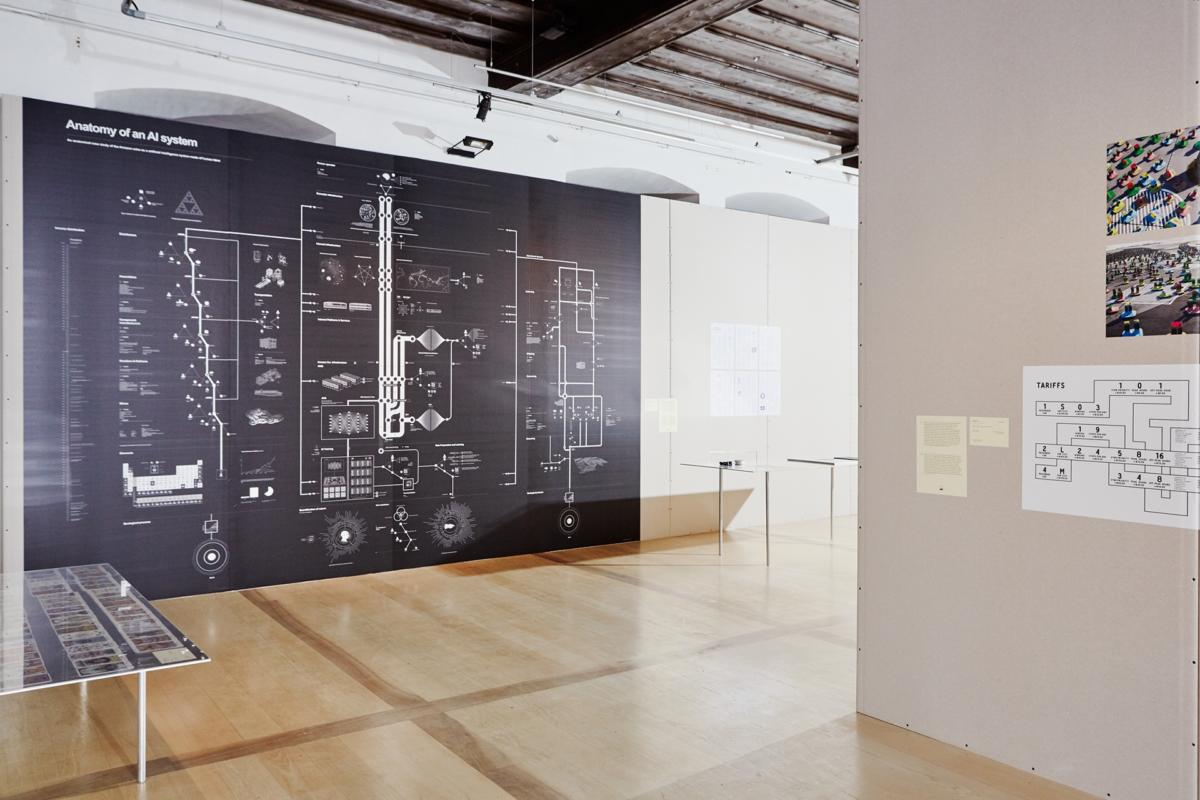
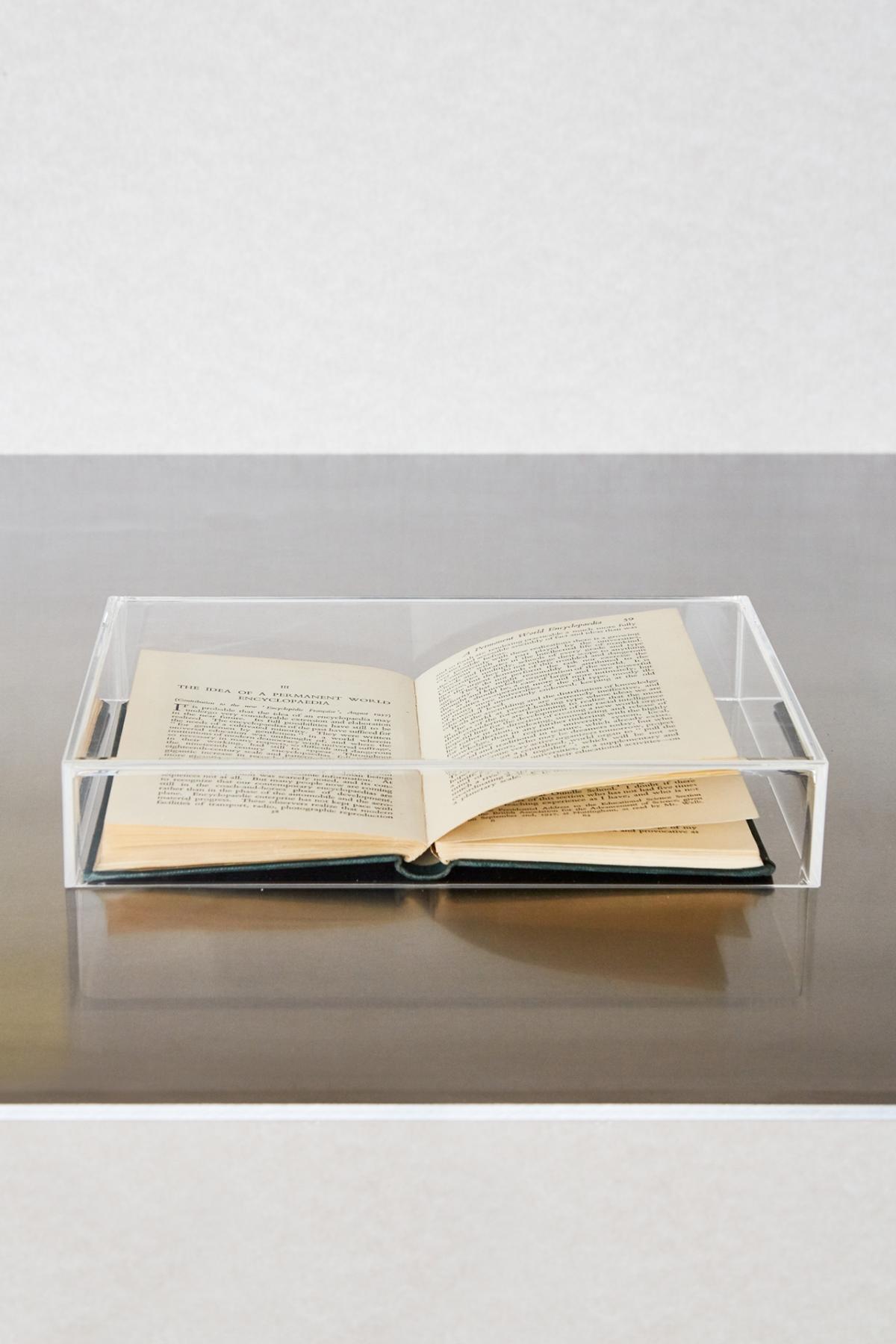
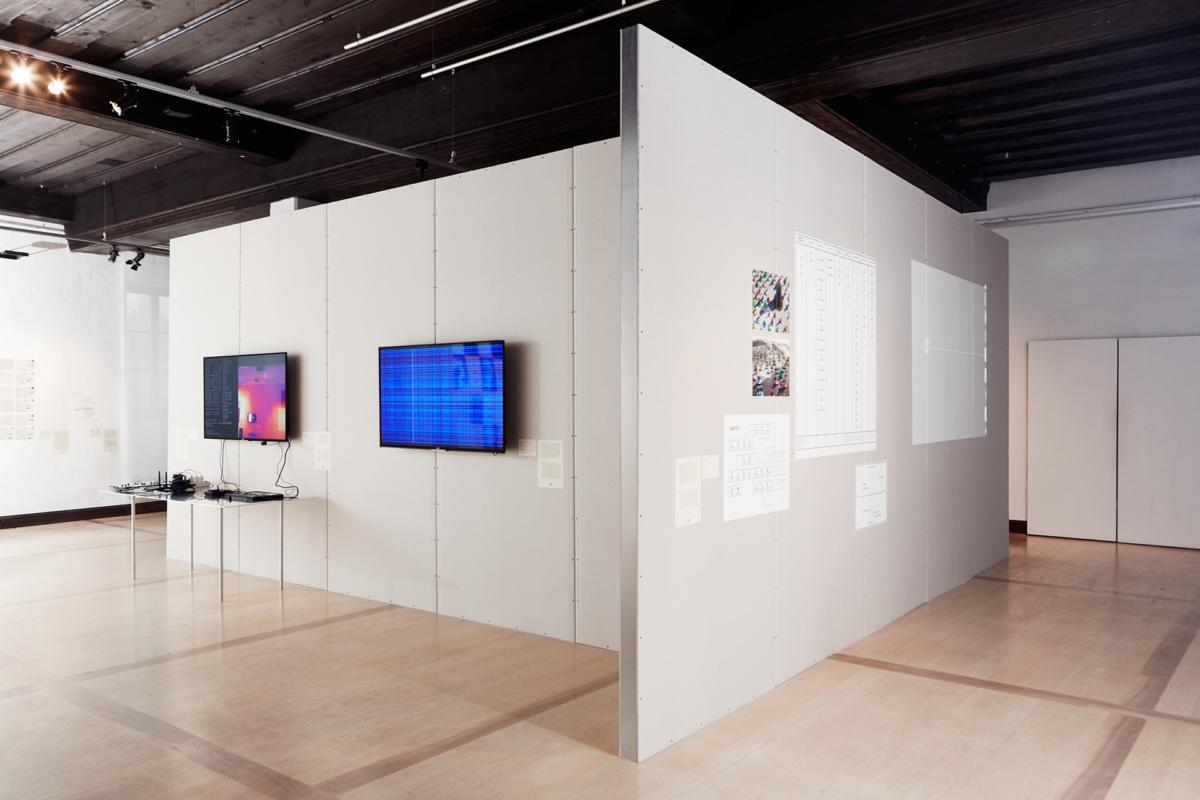

Situated across six venues in the Slovenian capital, the exhibition unearths several interrelated projects that investigate how concepts and systems can act as a disruptive social and political force, what the curatorial statement defines as the “disruptive chaos in and of information into creative knowledge clusters.” These clusters, as such, form the aesthetic inquiries that summarize our current dystopian paradigm perfectly.
The exhibition is stacked into themes that serve as the guiding premise behind many of the items on display, from speculative design to data sovereignty to pagan wisdom, the works on view unfold across multiple sites of knowledge production and transmission – including a library, museum, university and a media organization.
The biennial’s main venue is the Museum of Architecture and Design (MAO), where the theme of common knowledge is organized around historical and contemporary objects of design significance, but to reduce the objects and project on display here to design in any static sense would be an injustice.
Here we encounter works by the likes of Otto Neurath, Orson Welles, Victor Papanek, Otl Aicher, Superflux, Dunne & Raby, Forensic Architecture, and the acclaimed infographist Jaime Serra. Two of the most impactful works on display here, however, are wallpaper reprints that illustrate the deeply cartographic nature of information warfare and its relative connection to human psychology. The first being Inforwar / Worldmedia (2003) by Bureau d’etudes, which lays bare the transnational nature of mass media from broadcasting to publishing, so deeply embedded within the superstructure of mass communications and surveillance capitalism today. Alongside it, we encounter the Online Culture Wars (2018) by Disnovation.org, a wall-sized overlay of dozens of politicized memes, figures and symbols that relate to the increasingly prevalent trajectory of political radicalization both on and offline. Along a horizontal axis from “economic left” to “economic right” and a vertical axis from “authoritarian” to “libertarian”, we find images like Pepe the frog, the iconic symbol of the alt-right, together with logos of Breitbart, Facebook, 4chan, CNN and Nike, political figureheads like Donald Trump and Kim Jung Un, forming as it was a representation of ideological and political juxtapositions absolutely and definitely calibrated to the rise of populism today.
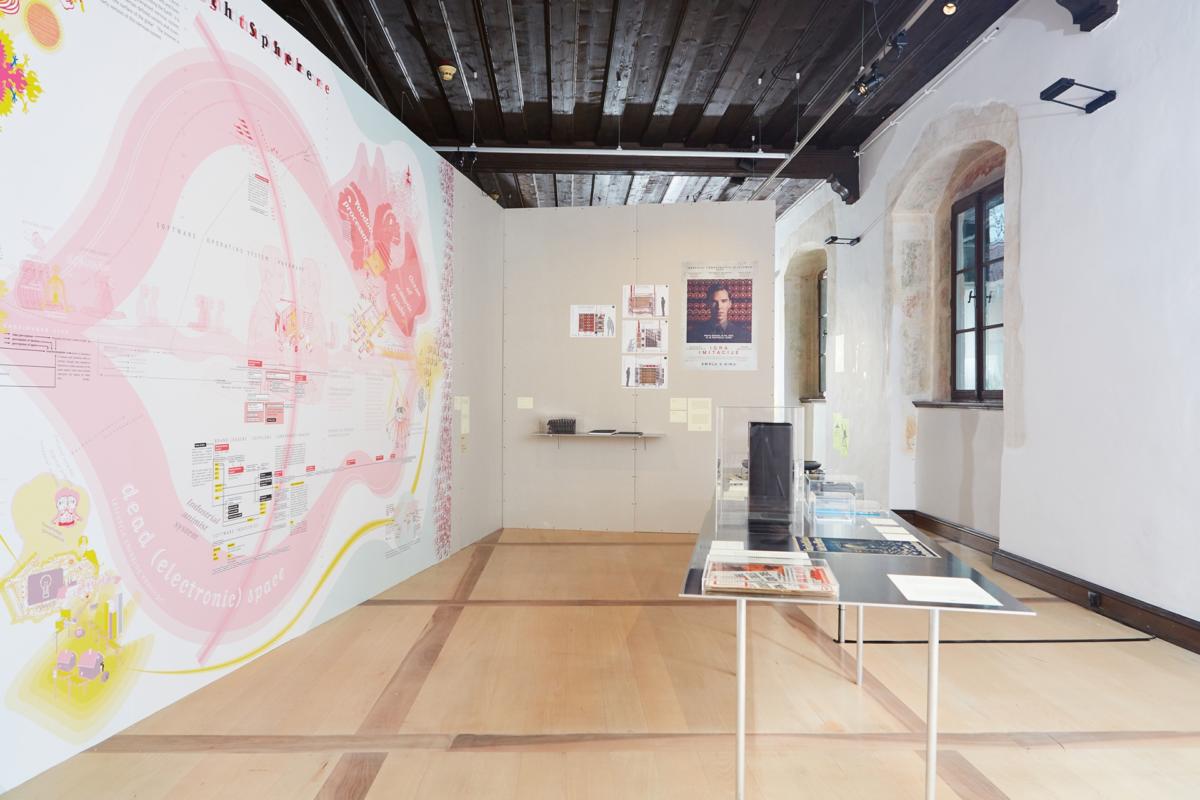
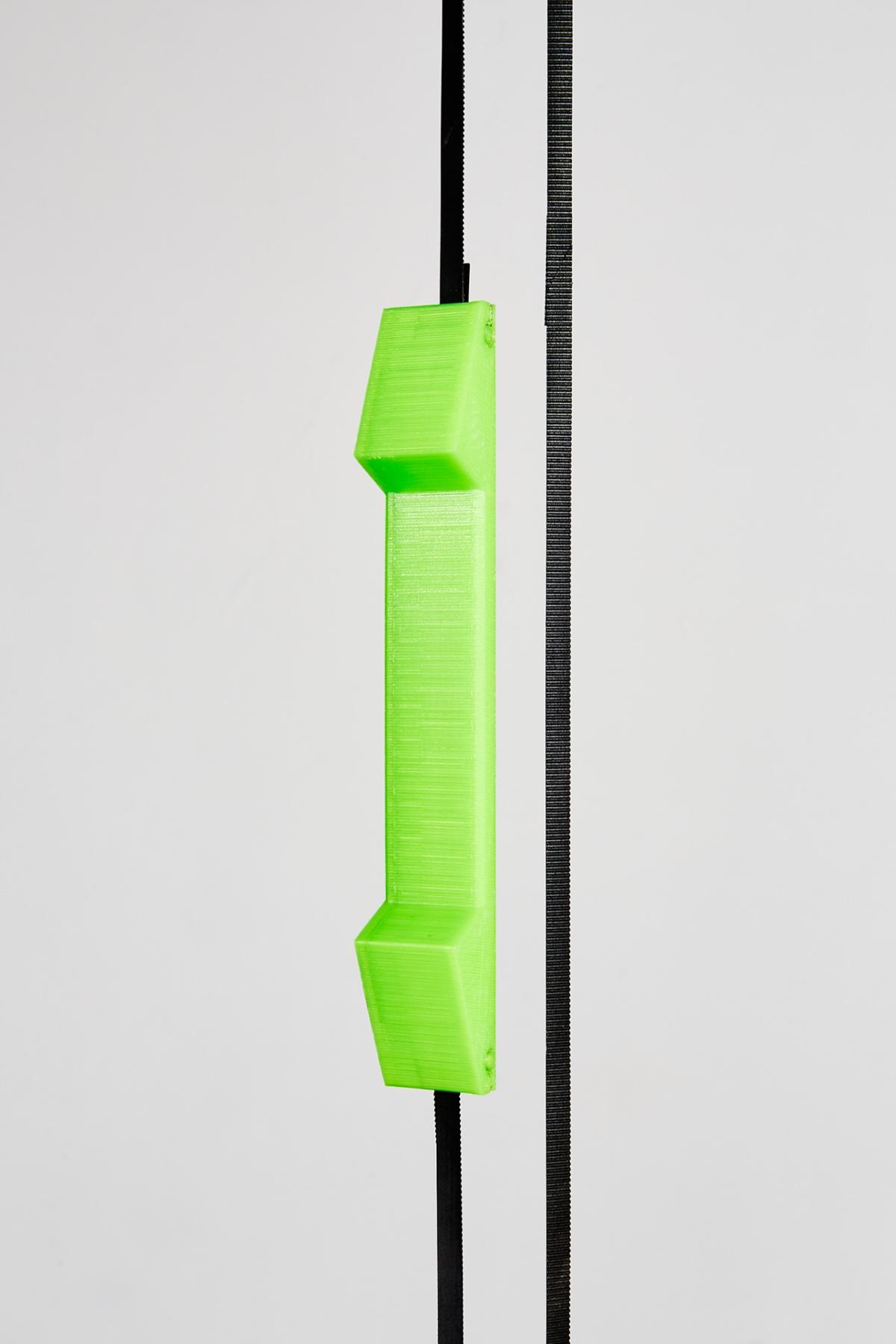
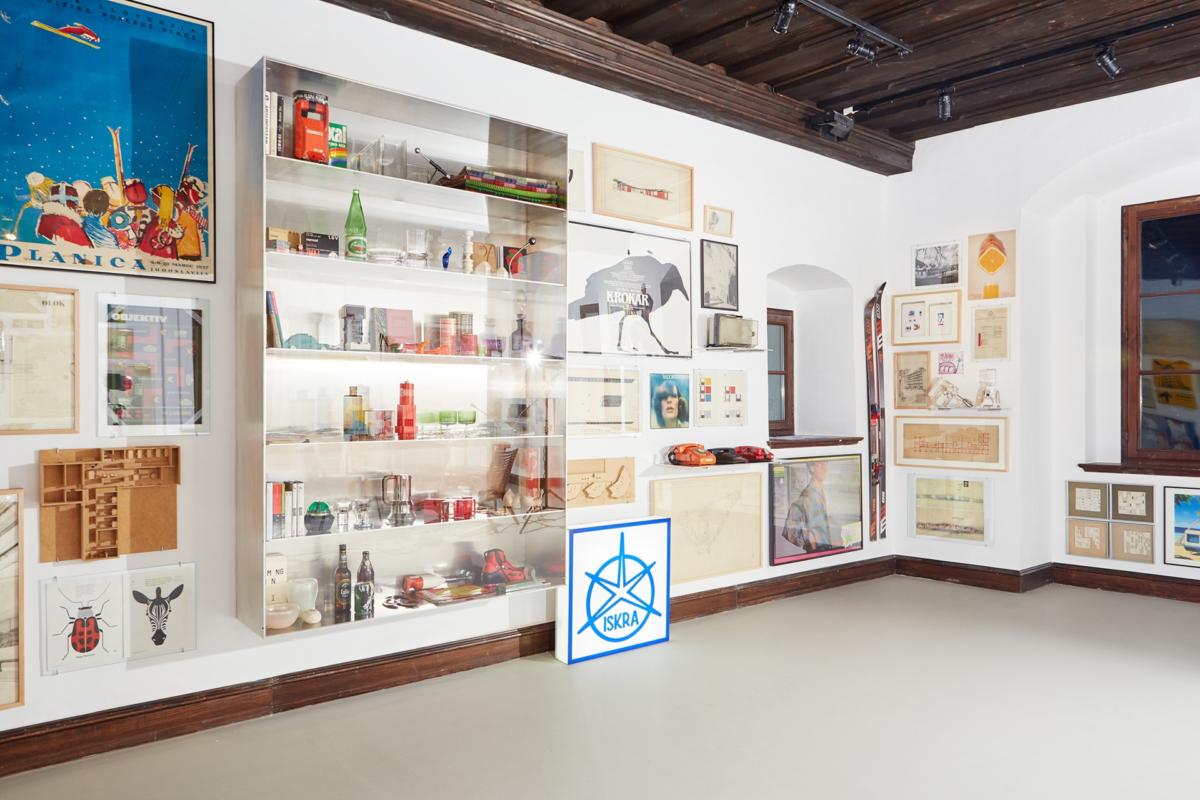

Further inside MAO, we encounter Kate Crawford and Vladan Joler’s Anatomy of an AI System, The Amazon Echo as an anatomical map of human labor, data and planetary resources (2018). The expansive map shows the infrastructure relat
Further still in MAO, we encounter Giorgia Lupi’s manifesto Data Humanism (2017). Reminiscent in a way of John Parry Barlow’s A Declaration of the Independence of Cyberspace (1996), Lupi’s text adds to it the concerns over big data, at once both a commodity of physical and informational structures. It’s a call for a new pragmatic approach to data, reading in part: “data humanism — a new renaissance where we can question the impersonality of a merely technological approach to data.”
Elsewhere, at another of the biennial’s venues, Kresija Gallery, we encounter an intriguing exhibition curated by Livia Nolasco-Rózsás entitled The Data and the Sovereign. Therein, a sweater reading “Abuse of data comes as no surprise” made by Kate Crawford and Maral Pourkazemi references one of Jenny Holzer’s iconic truisms, only here re-mixed to allude to newfound concerns over information warfare and the present malaise of the post-Cambridge Analytica era.
According to the author of the best-selling book Surveillance Capitalism (2018), Shoshana Zuboff, what we are witnessing today is nothing short of a fundamental shift away from Fordist methods of industrialization and manufacturing, a shift today that goes beyond post-Fordism and neoliberalism, towards a hitherto unrealized paradigm of information supremacy and control. Today, Zuboff argues, we are in the midst of a form of capitalist accumulation that has led to new and unprecedented global architectures of behavior modification, which threaten human nature in profoundly new ways.
Much to BIO 26’s credit, the cumulative works on display attempt to examine the consequences of surveillance capitalism as Zuboff so masterfully articulates it, and with it the underlying ways we have moved from a totalitarian “Big Brother” state to a ubiquitous digital architecture of what Zuboff defines as the “Big Other,” servicing the insatiable needs of digital giants like Google, Facebook and Amazon.
Leaving the exhibition, the inescapable reality of this new normal painted a frightening portrait of the information age, a whimsical look at our looming technological dystopia, BIO 26 offered much by way of visualizing the predictive power of surveillance capitalism and its ongoing intrusions into daily life.

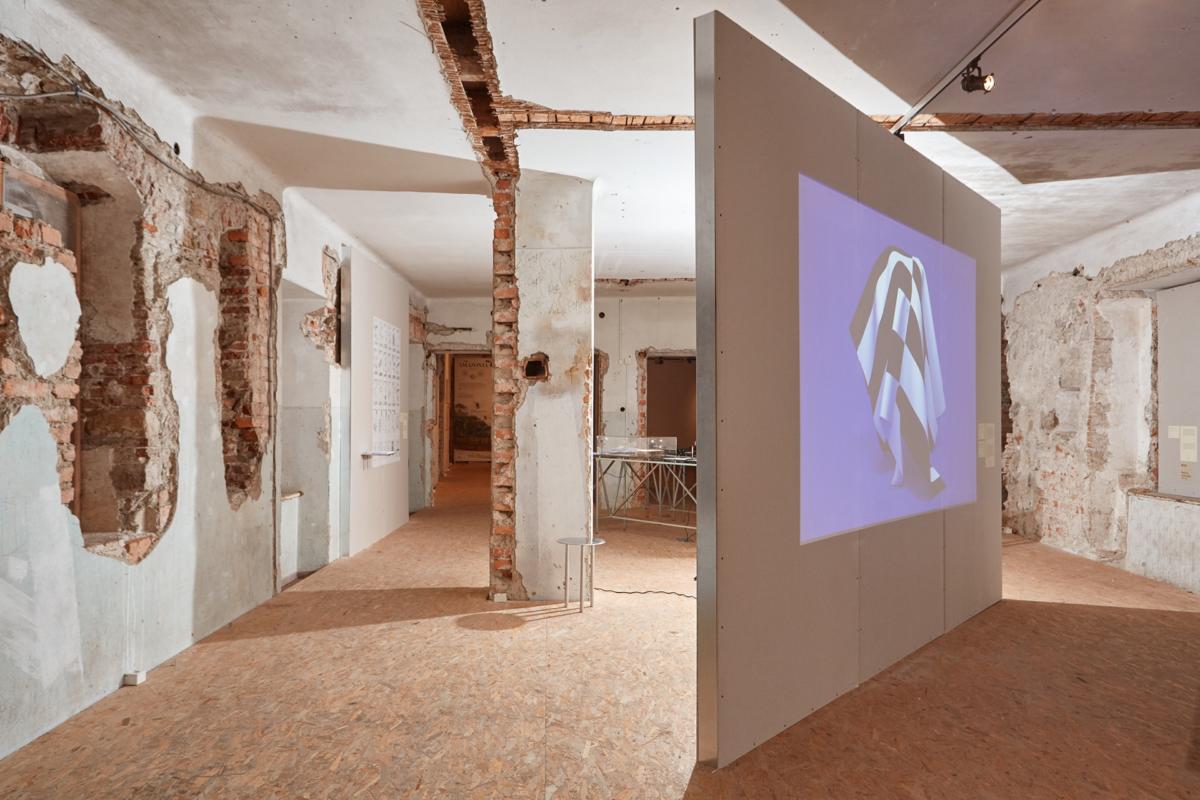
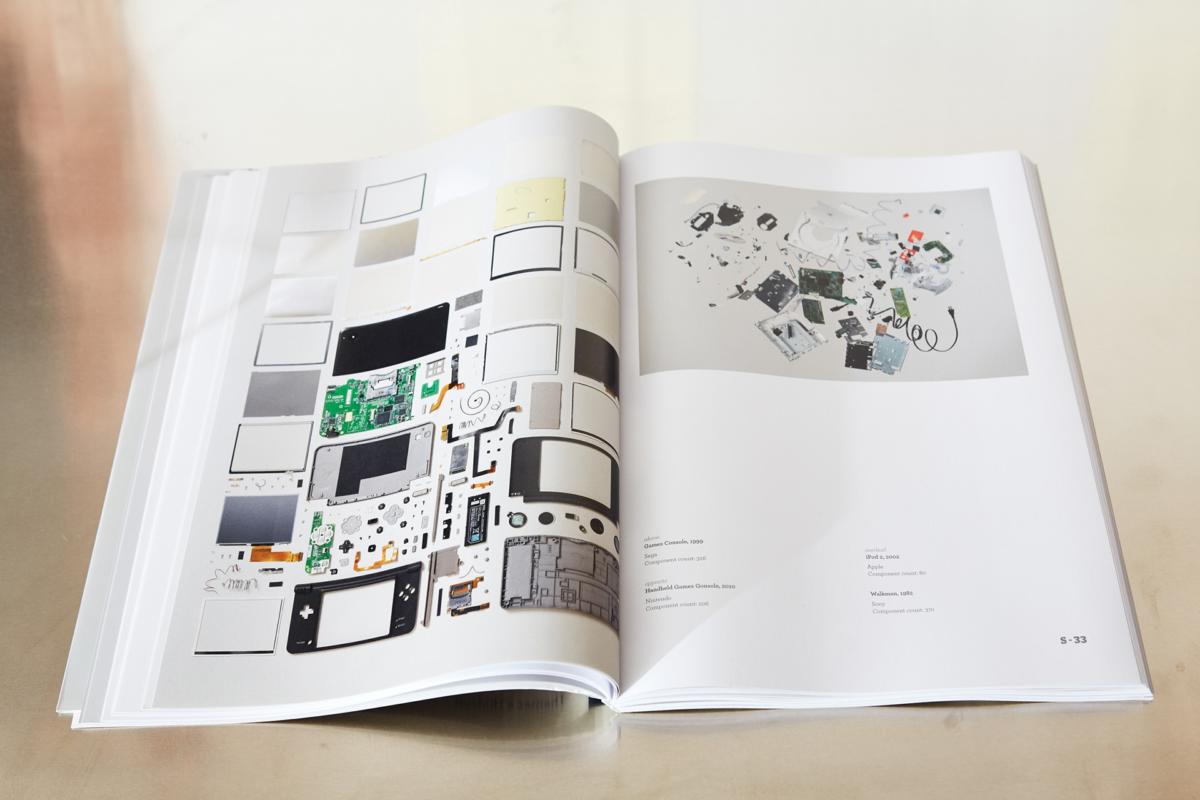
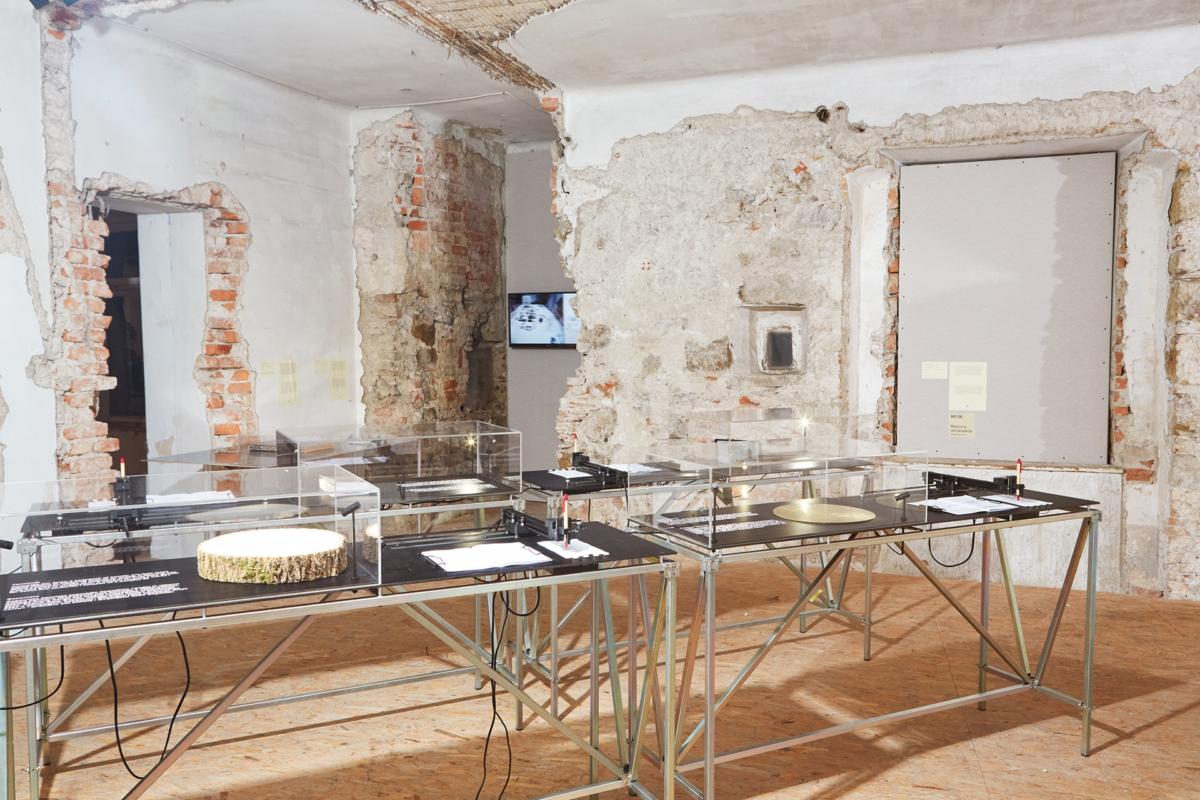
Imprint
| Exhibition | Common Knowledge. 26th Biennial of Design in Ljubljana |
| Place / venue | Ljubljana, Slovenia |
| Dates | 14 November 2019 – 9 February 2020 |
| Curated by | Thomas Geisler, Aline Lara Rezende |
| Website | bio.si/en/ |
| Index | Aline Lara Rezende Biennial of Design in Ljubljana Bureau d’etudes Disnovation.org Dorian Batycka Kate Crawford Livia Nolasco-Rózsás Maral Pourkazemi Thomas Geisler |
